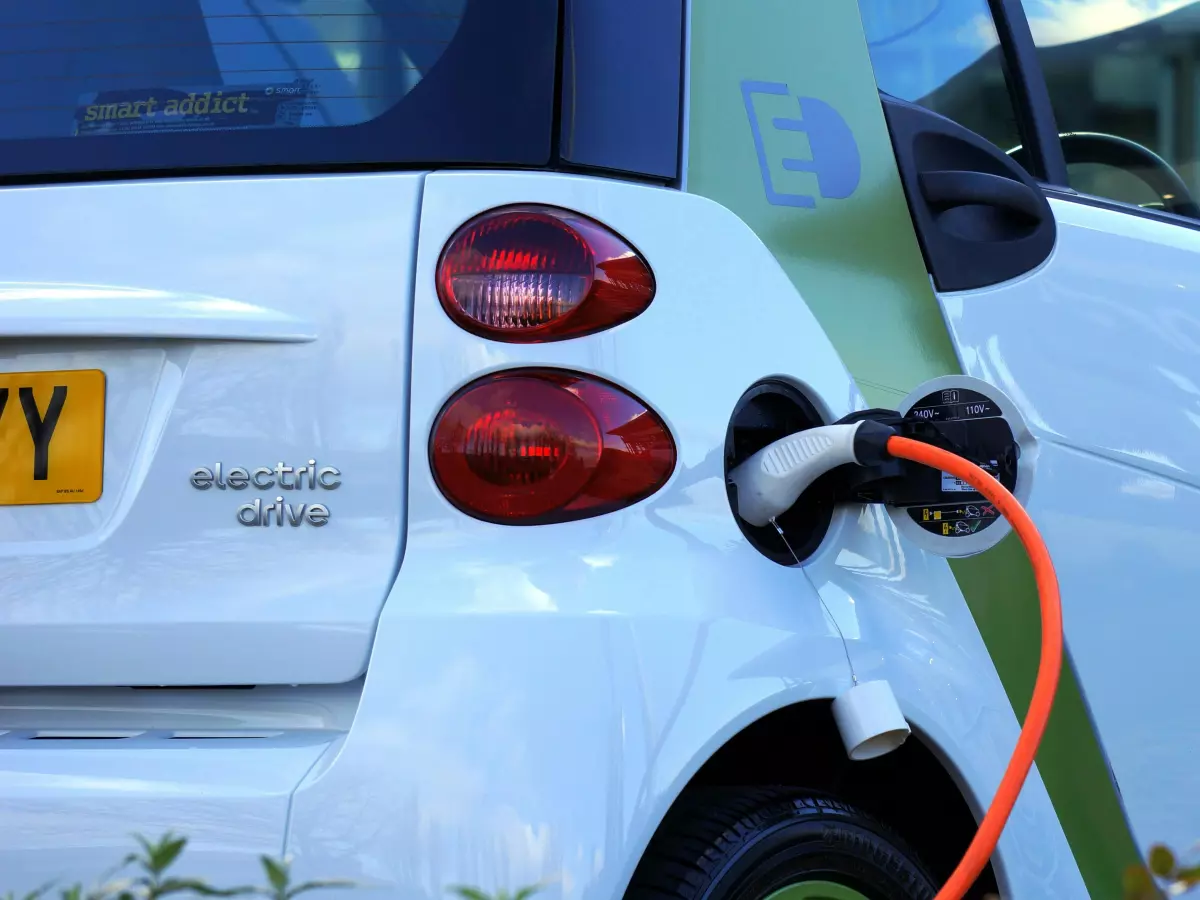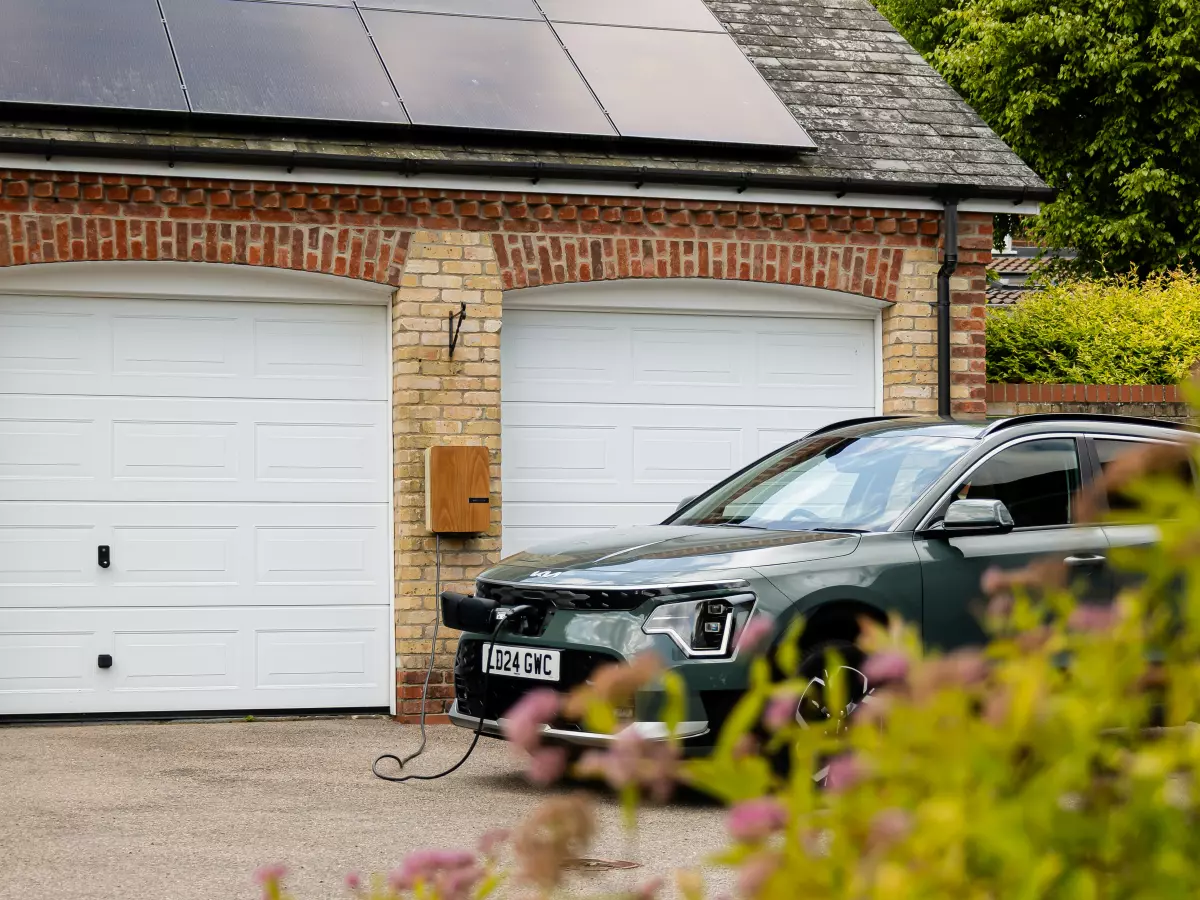AI and EVs
Artificial Intelligence is making your electric vehicle smarter, but you probably haven’t noticed.

By James Sullivan
Back in the early 2010s, electric vehicles (EVs) were still a novelty, and the biggest challenge was simply making them go the distance. Battery technology was in its infancy, and the software managing those batteries was, well, basic. Fast forward to today, and we’re in a whole new ballgame. EVs are no longer just about getting from point A to point B—they’re about doing it smarter, faster, and more efficiently. And who’s behind this revolution? Artificial Intelligence (AI), of course.
AI has quietly slipped into the driver’s seat (pun intended) when it comes to managing EV batteries. It’s not just about optimizing charging times or predicting when your battery will run out; AI is fundamentally changing how EVs operate, making them more efficient, safer, and even extending their lifespan. But how exactly is AI doing all this? And why is it so important for the future of electric vehicles?
AI: The Brain Behind EV Batteries
Let’s start with the basics. EV batteries are complex systems that need constant monitoring and adjustment. Factors like temperature, charge cycles, and even driving habits can affect battery performance. In the past, this was mostly handled by static algorithms—basically, a set of rules that didn’t adapt much to changing conditions. But AI? It’s a whole different beast.
AI algorithms can learn from data. They can analyze how you drive, how often you charge, and even the climate you live in to optimize battery performance. For instance, if you’re someone who drives aggressively, AI can adjust the battery’s output to ensure you’re not draining it too fast. Live in a hot climate? AI can tweak the cooling systems to prevent overheating. It’s like having a personal assistant for your battery, always working in the background to make sure everything runs smoothly.
Predictive Maintenance: Fixing Problems Before They Happen
One of the coolest things AI brings to the table is predictive maintenance. Instead of waiting for your battery to degrade or fail, AI can predict when something’s about to go wrong. By analyzing data from sensors embedded in the battery, AI can detect subtle changes in performance that might indicate a problem down the road. Think of it like a crystal ball for your EV’s health.
This isn’t just about preventing breakdowns, though. Predictive maintenance can also help extend the life of your battery. By catching issues early, AI can recommend adjustments to your driving or charging habits that could add years to your battery’s lifespan. And let’s be real—who doesn’t want their expensive EV battery to last as long as possible?
Charging Smarter, Not Harder
We’ve all heard about fast charging, but what about smart charging? AI is making it possible for your EV to charge more efficiently by analyzing factors like grid demand, electricity prices, and even the weather. For example, AI can schedule your charging during off-peak hours when electricity is cheaper, or it can slow down the charging process if it detects that the grid is under heavy load. This not only saves you money but also helps reduce strain on the power grid.
AI can also optimize charging based on your driving habits. If it knows you’re only going to drive a short distance tomorrow, it won’t bother fully charging the battery, which can actually help extend its lifespan. It’s all about making the charging process as efficient as possible without you even having to think about it.
AI and Battery Recycling: A Perfect Match?
We can’t talk about EV batteries without mentioning recycling. As more and more EVs hit the road, the question of what to do with all those used batteries becomes increasingly important. AI could play a big role here too. By analyzing the composition of used batteries, AI can help determine the best way to recycle them, whether that’s repurposing them for energy storage or breaking them down for raw materials.
AI could even help improve the recycling process itself. By optimizing the disassembly and sorting of battery components, AI could make recycling more efficient and cost-effective. This is crucial if we want to make EVs truly sustainable in the long run.
The Future of AI in EVs
So, where does this all lead? As AI continues to evolve, we can expect even more innovations in how EV batteries are managed. Imagine a future where your EV not only knows when to charge but also where to charge, based on real-time traffic and grid data. Or a future where your battery can automatically adjust its performance based on the type of road you’re driving on.
It’s clear that AI is going to play a massive role in the future of electric vehicles. But the real question is: how far can it go? Could AI eventually make EVs so efficient that range anxiety becomes a thing of the past? Only time will tell, but one thing’s for sure—AI is already steering us in the right direction.
So, next time you’re cruising in your EV, remember that there’s a lot more going on under the hood than just a battery and a motor. AI is quietly working behind the scenes, making sure you get the most out of every charge.





